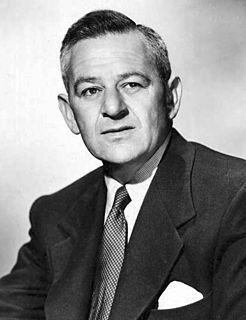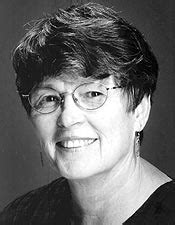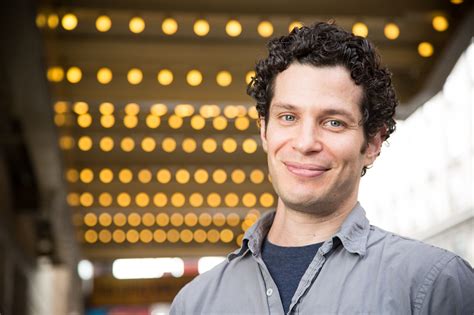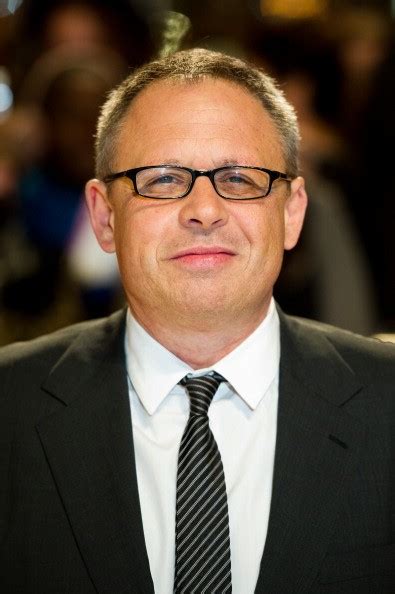A Quote by William Wyler
A director must push his actors to the utmost limit to get everything possible out of each scene - without being corny or sentimental or going overboard.
Related Quotes
In constructing the plot and working it out with the proper diction, the poet should place the scene, as far as possible, before his eyes. In this way, seeing everything with the utmost vividness, as if he were a spectator of the action, he will discover what is in keeping with it, and be most unlikely to overlook inconsistencies.
I think one of the things you have to be aware of as an actor is that if you come on the set and see the director standing there mouthing all the words while a scene is going on, that's usually a very bad sign because it means the director has already shot the scene in his head. He knows exactly the rhythm and the nuances that he wants delivered in the line and you're not going to dissuade him.
When an actor plays a scene exactly the way a director orders, it isn't acting. It's following instructions. Anyone with the physical qualifications can do that. So the director's task is just that – to direct, to point the way. Then the actor takes over. And he must be allowed the space, the freedom to express himself in the role. Without that space, an actor is no more than an unthinking robot with a chest-full of push-buttons.
Stepping out of the director's chair completely and into a scene as an actor was weird. It was more excitement about directing than anything, but I was on a high from being a director and enjoying that process so much that going back to being an actor was almost secondary because I really was loving directing.
People have a different idea of how movies are made than they really are. On a certain level, everyone throws ideas into the hopper. It's not like the actors are wind-up dolls that you push out onto the floor, play with, then put back in the box. You get people around you who you trust; the writer, the producer, the director and all the actors all contribute.
One of the challenges of being a director is often you don't get to work with your peers. You know, writers can write together, and as a director you get to work with so many wonderful actors and writers and designers. But it's pretty rare that you get a chance to partner in that way with another director.
You can write ten versions of a scene, and then, on the day, discover that something in the original scene worked. It's hard on writers. Hard on actors, hard on editors, hard on me, hard on the producers, who require patience and confidence. But I can't get to the end without going through this process.






































